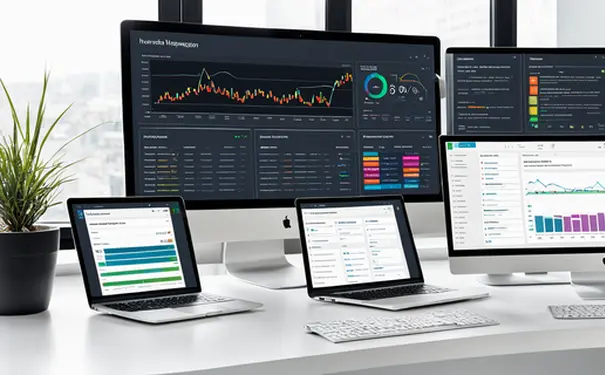
The role of Wiki in globalization is mainly reflected in promoting information sharing, accelerating knowledge dissemination, supporting collaborative work, and strengthening multicultural exchanges. These functions make Wiki not just an information collection platform, but an important tool supporting the globalization process. Among them, promoting information sharing is particularly critical because it breaks the restrictions of geography and time and allows people around the world to obtain and update knowledge instantly, thus greatly accelerating the spread of global knowledge.
The open nature of wikis allows anyone with an Internet connection to contribute and access content without restrictions. This unique sharing mechanism greatly reduces the barriers to information acquisition, allowing professional knowledge and daily life information in different fields to be quickly and widely disseminated. More importantly, wiki platforms such as Wikipedia ensure the diversity and comprehensiveness of information by allowing editors from around the world to contribute content. This method of information sharing not only promotes the rapid diffusion of knowledge, but also enhances the accuracy and credibility of information.
Through the feature of real-time updating, Wiki ensures the immediacy of information, allowing people to quickly obtain the latest knowledge and information. This information update mechanism is particularly important in the face of rapidly changing modern society. For example, Wiki plays an indispensable role in the dissemination of global economic trends, technological progress, and even epidemic information.
The global nature of the Wiki platform allows knowledge to spread across borders and cultures at an unprecedented speed. In the field of education, Wikis have particularly shown their potential to promote the democratization of knowledge, allowing students and teachers to easily access various scientific research, historical documents, and technical manuals. This not only improves the efficiency of education, but also stimulates people's enthusiasm for independent learning and research.
In addition to this, the Wiki platform also facilitates knowledge sharing between academia and industry. Researchers can publish the latest research results on Wikis, and these open resources also facilitate corporate R&D activities and accelerate the process of technological innovation and application.
Another major feature of Wiki is that it supports collaborative work. In the context of globalization, more and more projects require cross-border teamwork to complete. Using collaboration tools such as Wiki, team members can update and share project progress in real time to improve work efficiency. The version control function of Wiki ensures the transparency and traceability of the collaboration process, helping to solve communication and management problems in remote collaboration.
In addition, the application of Wiki in project management is gradually recognized by enterprises. Enterprises can use Wiki to establish a knowledge base to centrally store project documents, operation manuals, solutions, etc., making it easy for team members to retrieve and reuse, effectively improving the efficiency and quality of team collaboration.
In the process of promoting globalization, Wiki also promotes communication and understanding between different cultures. By providing multilingual content, Wiki enables people from different countries and regions to understand the history, customs and perspectives of other cultures, reducing cultural barriers and increasing the sense of identity as a global citizen.
The content on the Wiki platform usually covers a wide range of cultural elements, including art, literature, music, religion, etc. These contents not only provide users with a window to learn and understand different cultures, but also provide a new way for cultural preservation and inheritance. Especially for some languages and cultures that are on the verge of disappearing, digital platforms such as Wiki provide a space for recording and sharing, contributing to the protection of human cultural diversity.
To sum up, the role of Wiki in globalization is multifaceted and far-reaching. It not only accelerates information sharing and knowledge dissemination, but also supports collaborative work and strengthens multicultural exchanges, thereby playing a role in promoting the process of global integration. an irreplaceable role.
What is a Wiki and what role does it play in globalization?
A Wiki is a website or platform that can be created and edited by users, allowing people to collaborate to create and share knowledge. In the process of globalization, Wiki plays an important role.
How does Wiki promote communication and cooperation between different countries and cultures?
Through Wikis, people can share and discuss various topics across national and cultural boundaries. People from different countries and cultures can collaborate on Wikis to create articles, edit materials, and provide opinions and suggestions, thus promoting communication and cooperation.
For example, how does Wiki play a role in globalization?
A prime example is Wikipedia, an encyclopedia created and edited by volunteers around the world that covers a variety of topics, from science to history to culture. This platform provides people with a knowledge base that can be freely accessed and edited, helps people understand and learn knowledge about different countries and cultures, and promotes cross-cultural communication and understanding.
Why is Wiki more popular as an open platform in the process of globalization?
As an open platform, Wiki allows anyone to participate and contribute, regardless of nationality, cultural background or level of expertise. This openness enables Wiki to attract more people to participate in communication and cooperation, thereby playing a more active role in the globalization process.